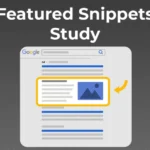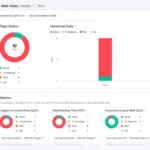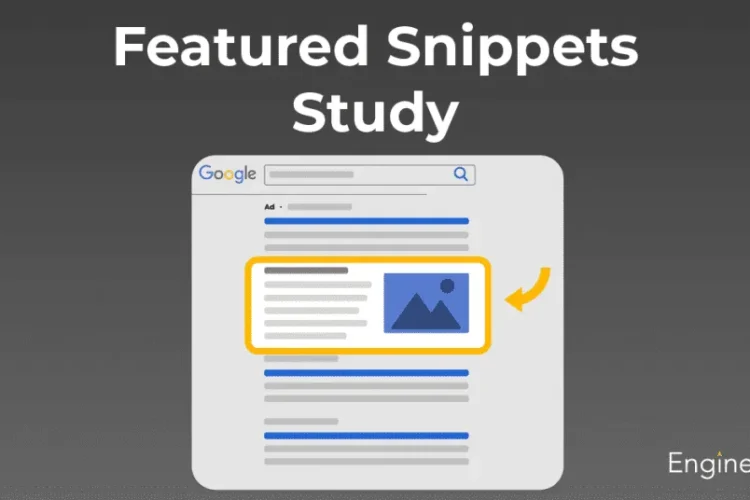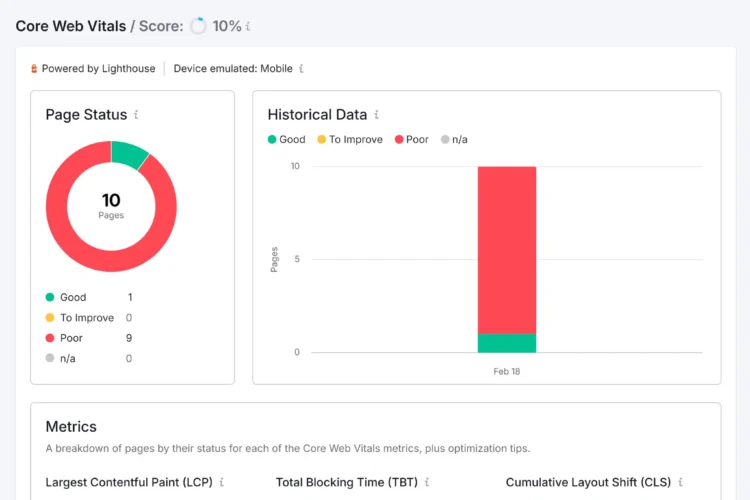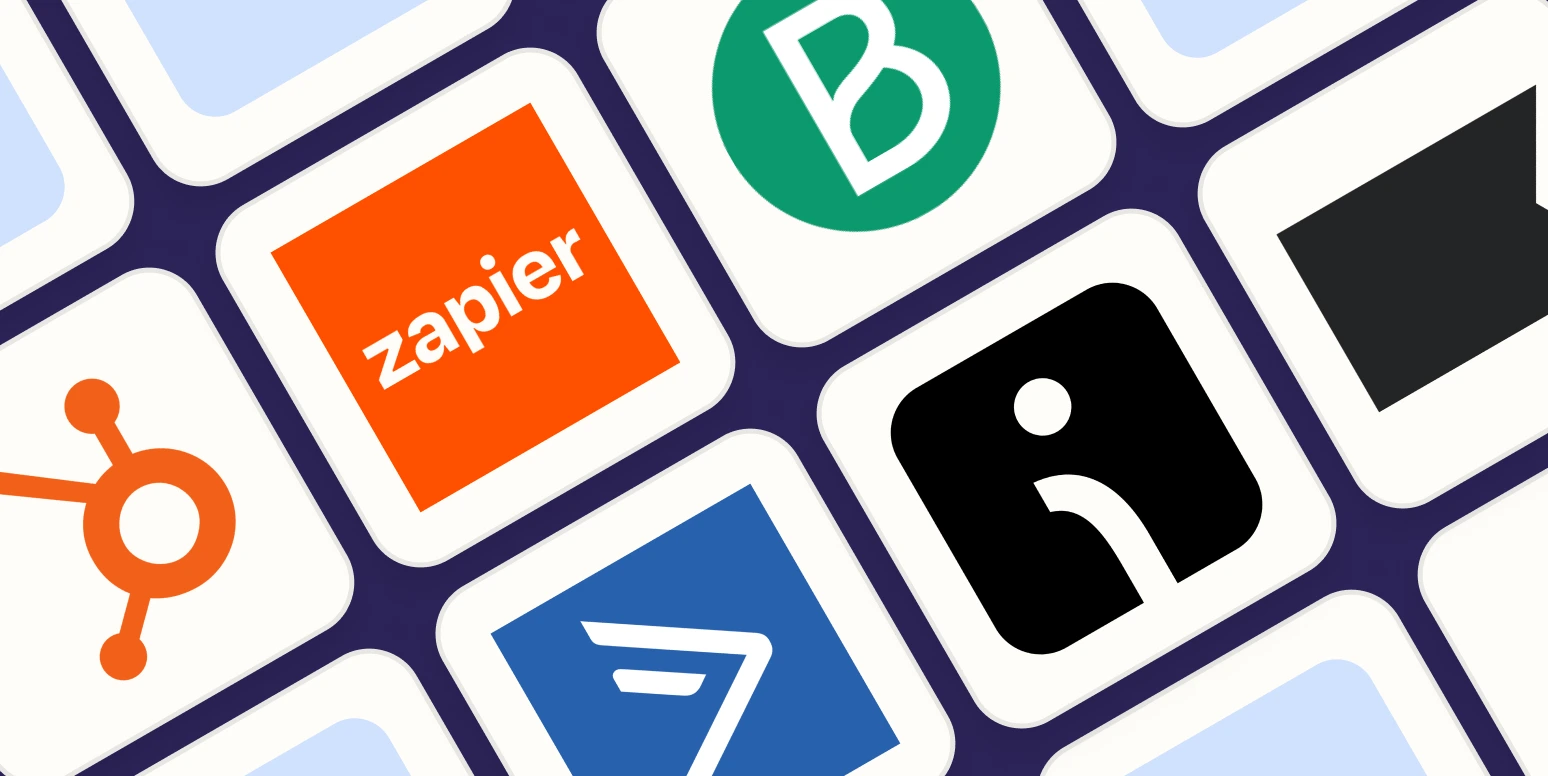
Introduction
In 2026, businesses are expected to reach customers faster, smarter, and more efficiently. One of the key drivers behind this growth is marketing automation — the ability to streamline repetitive tasks, personalize campaigns, and analyze results without constant manual intervention.
Marketing automation tools empower small and large businesses alike to save time, improve engagement, and scale growth, all while delivering a seamless customer experience.
In this guide, we’ll explore the best marketing automation tools, how they work, and how you can leverage them to grow your business in 2026.
1. Why Marketing Automation Is Crucial for Business Growth
Marketing automation isn’t just about saving time — it’s about strategically enhancing your marketing efforts. Here’s why it matters:
- Personalized Customer Experiences: Automation allows targeted emails, messages, and offers based on customer behavior.
- Consistent Engagement: Send timely campaigns across email, social media, and SMS without manual effort.
- Improved ROI: Automating repetitive tasks reduces costs and increases conversions.
- Data-Driven Decisions: Track customer interactions, campaign performance, and behavior analytics in real-time.
💡 Example: A small e-commerce store can automate abandoned cart emails, personalized product recommendations, and follow-up surveys — tasks that would take hours manually.
2. Key Features to Look for in Marketing Automation Tools
When choosing marketing automation tools, consider the following features:
- Email Marketing Automation: Schedule campaigns, segment your audience, and track open rates.
- CRM Integration: Combine automation with your customer database for personalized messaging.
- Social Media Scheduling: Plan and automate posts across multiple platforms.
- Lead Scoring & Segmentation: Identify high-potential leads and target them effectively.
- Analytics & Reporting: Measure engagement, conversions, and ROI in real-time.
- AI & Predictive Analytics: Leverage AI to recommend campaigns and optimize content.
💡 Pro Tip: Look for tools that integrate easily with your existing systems, like CRM, e-commerce platforms, or social media dashboards.
3. Top Marketing Automation Tools to Use in 2026
Here are the best tools that small and medium businesses should consider:
a. HubSpot
- Features: CRM, email automation, landing pages, lead scoring, social media scheduling.
- Benefits: All-in-one platform with analytics, ideal for inbound marketing strategies.
- Use Case: A SaaS company can use HubSpot to nurture leads through automated email sequences while tracking engagement.
b. Mailchimp
- Features: Email automation, A/B testing, landing pages, customer segmentation.
- Benefits: User-friendly and cost-effective for small businesses.
- Use Case: An online store can automatically send product recommendations and abandoned cart reminders.
c. ActiveCampaign
- Features: Email marketing, CRM, marketing automation, messaging, predictive sending.
- Benefits: Excellent for personalized, behavior-driven campaigns.
- Use Case: A service-based business can segment leads based on engagement and automate follow-ups.
d. Marketo (Adobe)
- Features: Lead management, email automation, marketing analytics, account-based marketing.
- Benefits: Scalable solution for medium to large businesses.
- Use Case: A B2B company can automate multi-channel campaigns and measure performance efficiently.
e. Zapier
- Features: Connects apps to automate workflows, triggers actions between tools.
- Benefits: Enables seamless integration between multiple platforms without coding.
- Use Case: Automatically sync new leads from your website forms to your CRM and trigger follow-up emails.
f. Hootsuite / Buffer
- Features: Social media scheduling, content calendar, analytics, team collaboration.
- Benefits: Streamlines social media management across platforms.
- Use Case: A brand can schedule posts for a month in advance and track engagement from one dashboard.
g. Salesforce Marketing Cloud
- Features: AI-powered marketing, customer journey mapping, multi-channel automation.
- Benefits: Powerful for enterprise-level automation and advanced segmentation.
- Use Case: Large businesses can automate customer journeys from email to mobile to social campaigns.
4. Benefits of Using Marketing Automation Tools
- Saves Time: Automate repetitive tasks like email campaigns, social posts, and lead follow-ups.
- Increases Conversions: Timely, personalized campaigns result in higher engagement and sales.
- Data-Driven Insights: Analyze performance, track ROI, and optimize campaigns using analytics.
- Scales Business Operations: Handle thousands of leads, emails, and social media posts without additional manpower.
- Enhances Customer Experience: Personalization improves satisfaction and loyalty.
💡 Tip: Start small — automate one or two processes first, then expand as you understand the tools.
5. Best Practices for Implementing Marketing Automation
- Segment Your Audience: Avoid generic campaigns; tailor messages to different groups.
- Personalize Content: Include customer names, purchase history, or location-based offers.
- Test & Optimize: Use A/B testing to identify the most effective messaging.
- Monitor Analytics: Continuously review performance to refine campaigns.
- Integrate with CRM: Ensure all customer data flows seamlessly for better targeting.
6. SEO Integration with Marketing Automation
Automation can also support your SEO strategy:
- Automated Blog Posting: Schedule blogs with SEO-optimized titles and meta descriptions.
- Email Newsletters: Share SEO-rich content to increase traffic and backlinks.
- Lead Nurturing Campaigns: Use SEO landing pages with automation to convert organic traffic into leads.
💡 Pro Tip: Combining marketing automation with SEO ensures you capture, nurture, and convert leads efficiently.
Our Services SEO Services in Gurgaon | SEO Services in Uppal | SEO Services in Kukatpally | SEO Services in Varanasi
Frequently Ask Questions
1. How can marketing automation help improve lead nurturing?
Marketing automation allows you to create customized workflows for leads, sending targeted content based on their stage in the buying journey. This ensures leads receive the right message at the right time, increasing the chances of conversion.
2. Are marketing automation tools suitable for B2B businesses?
Yes! B2B companies benefit from automation by tracking leads, scoring them based on engagement, and automating multi-step campaigns. It helps sales teams prioritize high-potential prospects and close deals faster.
3. Can marketing automation tools assist with customer retention?
Absolutely. Automation can trigger personalized follow-up emails, loyalty rewards, and feedback surveys, keeping customers engaged and encouraging repeat purchases, which is crucial for long-term growth.
4. What role does AI play in marketing automation in 2026?
AI enhances automation by analyzing user behavior, predicting trends, and suggesting content or timing for campaigns. It allows businesses to optimize workflows automatically and target the right audience with minimal manual effort.
5. How do marketing automation tools support multi-channel campaigns?
Modern tools integrate multiple channels like email, SMS, social media, and website interactions, allowing businesses to orchestrate campaigns across platforms. This ensures consistent messaging and maximizes reach.
6. Can small teams manage marketing automation effectively?
Yes. Many automation platforms are designed to be user-friendly, allowing small teams to manage campaigns efficiently. Templates, drag-and-drop editors, and AI suggestions reduce complexity while increasing productivity.
7. How can automation tools help with content marketing?
Automation tools can schedule blog posts, share content on social media, segment audiences, and measure engagement, allowing content marketers to focus on strategy and creativity rather than repetitive tasks.
8. Are there industry-specific marketing automation tools?
Yes. Some platforms are tailored for industries like e-commerce, SaaS, healthcare, or real estate, offering specialized workflows, integrations, and analytics to meet unique business needs.
9. How do automation tools help improve sales and marketing alignment?
By integrating marketing automation with CRM systems, sales teams can see which leads are most engaged, track campaign performance, and prioritize follow-ups, ensuring marketing efforts directly support revenue growth.
10. What is the best way to start with marketing automation if I’m new to it?
Begin with one or two core processes, like email sequences or social media scheduling. Learn the platform’s features, measure results, and gradually add more automation workflows to scale your marketing efforts effectively.
Conclusion
Marketing automation is no longer optional — it’s a growth necessity for 2026. By leveraging the right tools, businesses can:
- Automate repetitive tasks
- Engage audiences with personalized campaigns
- Gain actionable insights from analytics
- Scale operations efficiently
Whether you are a startup or an established business, investing in marketing automation tools will help you grow faster, save time, and outperform competitors.
Remember: Automation + personalization = smarter marketing and stronger business growth.


